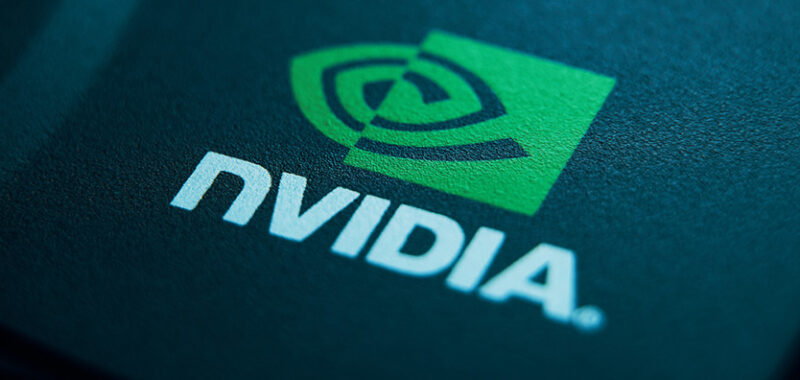Nvidia (NVDA) has unveiled new microchips for desktop and laptop personal computers (PCs) that are aimed at video gamers.
In a nod to its roots, Nvidia announced new chips for gaming PCs that use the same architecture underpinning its fastest artificial intelligence (A.I.) processors used in data centres.
The new chips, called the “GeForce RTX 50-series,” will come pre-installed in computers ranging in price from $550 U.S. to $2,000 U.S., the company said.
Laptops with the newest chips installed are expected to start shipping in March of this year.
Nvidia unveiled the new gaming chips at the annual Consumer Electronics Show (CES) in Las Vegas, where chief executive officer (CEO) Jensen Huang delivered a keynote address.
Until the last few years, Nvidia was mostly known for selling microchips and processors that power video games, particularly ones played on PCs.
Nvidia’s first microchip released in 1999 was designed to draw triangles and polygons quickly for three-dimensional (3D) video games.
But in recent years, gaming has become less of Nvidia’s business and been supplanted by its processors that are used to power A.I. models and applications.
In its most recent quarter, Nvidia’s video game chip sales accounted for less than 10% of the company’s revenue, compared to 88% for A.I. chips.
Still, Nvidia says its news RTX 50-series chips will support a feature called DLSS 4 that uses A.I. to boost gaming frame rates.
The new chips can also display character faces with more detail and will provide users with better graphics and higher resolution.
The newest chips for PCs and laptops will come in several different configurations.
Nvidia said the most expensive and powerful of the chips, the RTX 5090, will be sold individually for $1,999 U.S. and is twice as fast as its predecessor, the RTX 4090.
The stock of Nvidia has gained 186% over the last 12 months and currently trades at $149.43 U.S. per share.
Nvidia’s market capitalization now stands at $3.66 trillion U.S.

